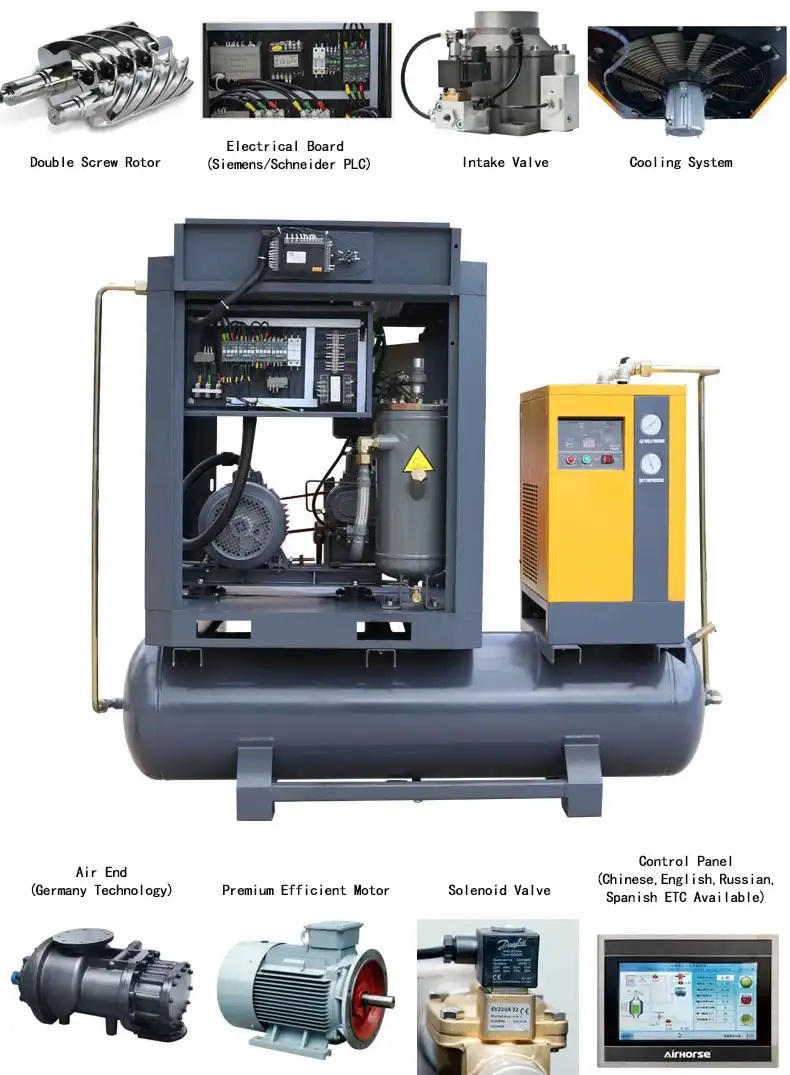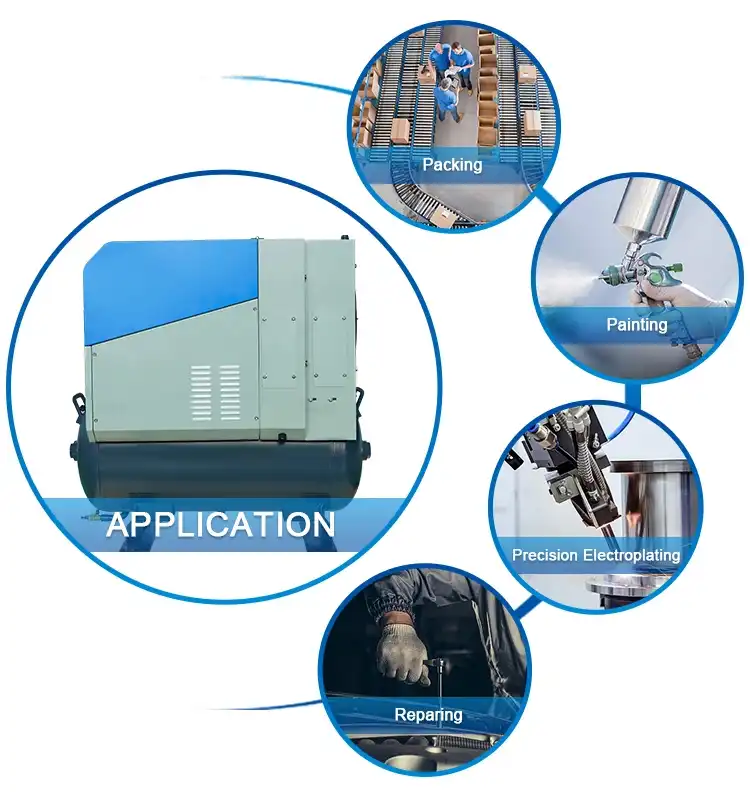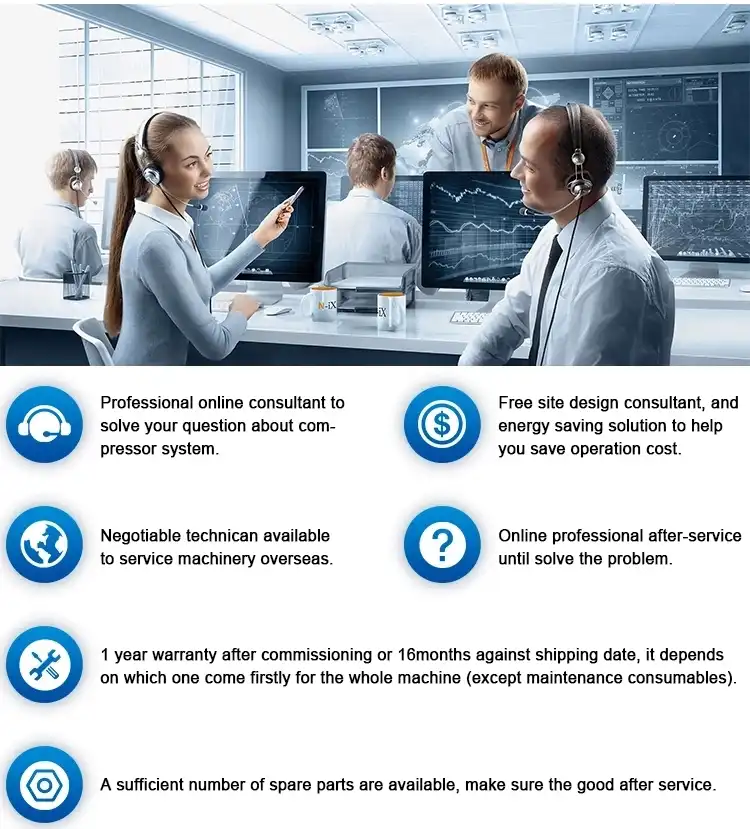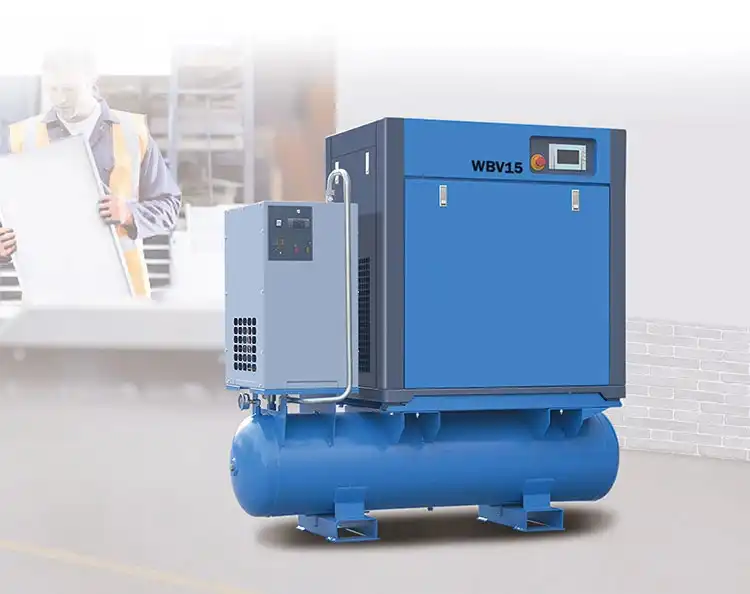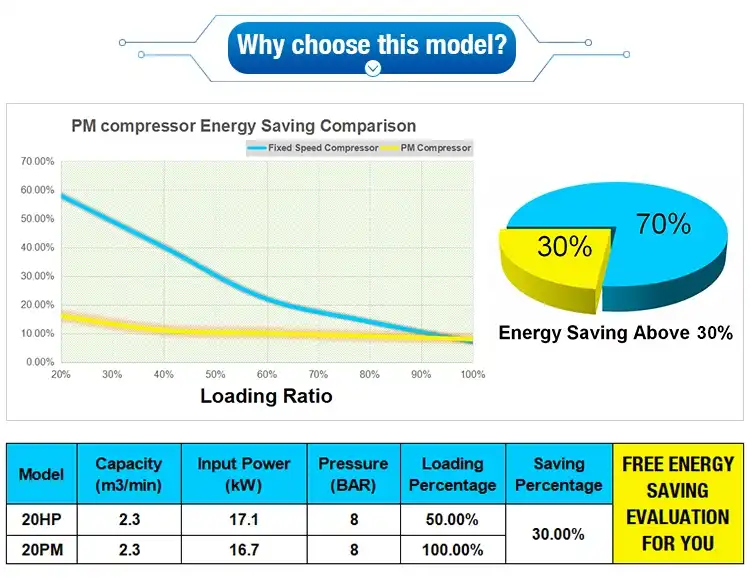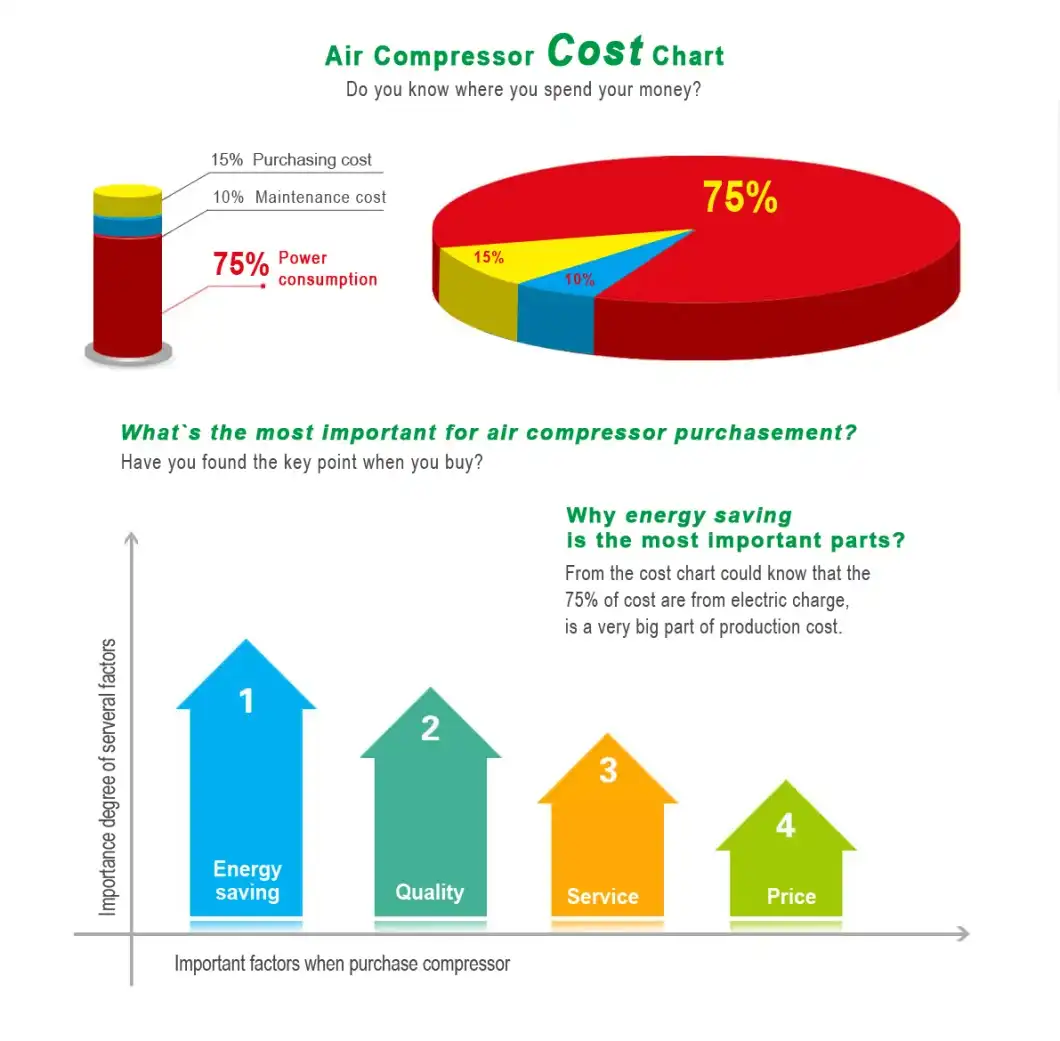Product Description
Ronix RC-1571 Power Tools 1HP 8Bar 10L Portable Industrial Compressors Machine Mini Air Compressor
| Product Information | |
| Voltage/Frequency | 220-240V/50-60Hz |
| Tank Capacity | 10L |
| Air delivery | 200L/Min |
| Power | 1 HP |
| No load speed | 2800RPM |
*Packgge: color box+carton box
*Quantity in each box: 1pcs/ctn
*Carton size: 57.5*25.5*60cm
*NW/GW: 22.5kg/24kg
Ronix is the international brand specialized in different kinds of tools such as Hand tools, Power Tools, Air Tools, Wood Working Tools, Cutting Tools, Welding Tools and Accessories for over 10 years with the premium quality collection of the tools which make CHINAMFG as the unique tools brand in the world on the basis of Variety.
Ronix tries to get the satisfaction of all users by providing Premium Quality products and services in the field of Hand Tools, Air Tools, Power Tool, Wood Working Tools…and also providing an appropriate combination of price, quality, satisfying services and fast delivery.
Its products are provided based on 3 fundamental factors:
1) Quality
2) Variety
3) Reliabiliy
|
Shipping Cost:
Estimated freight per unit. |
To be negotiated |
|---|
| After-sales Service: | 1 Year |
|---|---|
| Warranty: | 1 Year |
| Application: | Back Pressure Type, Intermediate Back Pressure Type, High Back Pressure Type, Low Back Pressure Type |
| Samples: |
US$ 65.2/Piece
1 Piece(Min.Order) | Order Sample |
|---|
| Customization: |
Available
|
|
|---|
How Do You Maintain a Gas Air Compressor?
Maintaining a gas air compressor is essential to ensure its optimal performance, longevity, and safe operation. Regular maintenance helps prevent breakdowns, extends the compressor’s lifespan, and promotes efficient operation. Here are some key maintenance steps for a gas air compressor:
1. Read the Manual:
Before performing any maintenance tasks, thoroughly read the manufacturer’s manual specific to your gas air compressor model. The manual provides important instructions and guidelines for maintenance procedures, including recommended intervals and specific maintenance requirements.
2. Check and Change the Oil:
Gas air compressors typically require regular oil changes to maintain proper lubrication and prevent excessive wear. Check the oil level regularly and change it according to the manufacturer’s recommendations. Use the recommended grade of oil suitable for your compressor model.
3. Inspect and Replace Air Filters:
Inspect the air filters regularly and clean or replace them as needed. Air filters prevent dust, debris, and contaminants from entering the compressor’s internal components. Clogged or dirty filters can restrict airflow and reduce performance. Follow the manufacturer’s guidelines for filter cleaning or replacement.
4. Drain Moisture from the Tank:
Gas air compressors accumulate moisture in the compressed air, which can lead to corrosion and damage to the tank and internal components. Drain the moisture from the tank regularly to prevent excessive moisture buildup. Refer to the manual for instructions on how to properly drain the moisture.
5. Check and Tighten Connections:
Regularly inspect all connections, fittings, and hoses for any signs of leaks or loose connections. Tighten any loose fittings and repair or replace damaged hoses or connectors. Leaks can lead to reduced performance and inefficiency.
6. Inspect Belts and Pulleys:
If your gas air compressor has belts and pulleys, inspect them for wear, tension, and proper alignment. Replace any worn or damaged belts and ensure proper tension to maintain optimal performance.
7. Clean the Exterior and Cooling Fins:
Keep the exterior of the gas air compressor clean from dirt, dust, and debris. Use a soft cloth or brush to clean the surfaces. Additionally, clean the cooling fins regularly to remove any accumulated debris that can impede airflow and cause overheating.
8. Schedule Professional Servicing:
While regular maintenance can be performed by the user, it is also important to schedule professional servicing at recommended intervals. Professional technicians can perform thorough inspections, conduct more complex maintenance tasks, and identify any potential issues that may require attention.
9. Follow Safety Precautions:
When performing maintenance tasks on a gas air compressor, always follow safety precautions outlined in the manual. This may include wearing protective gear, disconnecting the power source, and ensuring proper ventilation in confined spaces.
By following these maintenance steps and adhering to the manufacturer’s guidelines, you can keep your gas air compressor in optimal condition, prolong its lifespan, and ensure safe and efficient operation.
How Do Gas Air Compressors Contribute to Energy Savings?
Gas air compressors can contribute to energy savings in several ways. Here’s a detailed explanation:
1. Efficient Power Source:
Gas air compressors are often powered by gasoline or diesel engines. Compared to electric compressors, gas-powered compressors can provide higher power output for a given size, resulting in more efficient compression of air. This efficiency can lead to energy savings, especially in applications where a significant amount of compressed air is required.
2. Reduced Electricity Consumption:
Gas air compressors, as standalone units that don’t rely on electrical power, can help reduce electricity consumption. In situations where the availability of electricity is limited or expensive, using gas air compressors can be a cost-effective alternative. By utilizing fuel-based power sources, gas air compressors can operate independently from the electrical grid and reduce dependence on electricity.
3. Demand-Sensitive Operation:
Gas air compressors can be designed to operate on demand, meaning they start and stop automatically based on the air requirements. This feature helps prevent unnecessary energy consumption during periods of low or no compressed air demand. By avoiding continuous operation, gas air compressors can optimize energy usage and contribute to energy savings.
4. Energy Recovery:
Some gas air compressors are equipped with energy recovery systems. These systems capture and utilize the heat generated during the compression process, which would otherwise be wasted. The recovered heat can be redirected and used for various purposes, such as space heating, water heating, or preheating compressed air. This energy recovery capability improves overall energy efficiency and reduces energy waste.
5. Proper Sizing and System Design:
Selecting the appropriate size and capacity of a gas air compressor is crucial for energy savings. Over-sizing a compressor can lead to excessive energy consumption, while under-sizing can result in inefficient operation and increased energy usage. Properly sizing the compressor based on the specific air demands ensures optimal efficiency and energy savings.
6. Regular Maintenance:
Maintaining gas air compressors in good working condition is essential for energy efficiency. Regular maintenance, including cleaning or replacing air filters, checking and repairing leaks, and ensuring proper lubrication, helps optimize compressor performance. Well-maintained compressors operate more efficiently, consume less energy, and contribute to energy savings.
7. System Optimization:
For larger compressed air systems that involve multiple compressors, implementing system optimization strategies can further enhance energy savings. This may include employing advanced control systems, such as variable speed drives or sequencers, to match compressed air supply with demand, minimizing unnecessary energy usage.
In summary, gas air compressors contribute to energy savings through their efficient power sources, reduced electricity consumption, demand-sensitive operation, energy recovery systems, proper sizing and system design, regular maintenance, and system optimization measures. By utilizing gas-powered compressors and implementing energy-efficient practices, businesses and industries can achieve significant energy savings in their compressed air systems.
What Is a Gas Air Compressor?
A gas air compressor is a type of air compressor that is powered by a gas engine instead of an electric motor. It uses a combustion engine, typically fueled by gasoline or diesel, to convert fuel energy into mechanical energy, which is then used to compress air. Here’s a detailed explanation of a gas air compressor:
1. Power Source:
A gas air compressor utilizes a gas engine as its power source. The engine can be fueled by gasoline, diesel, or other types of combustible gases, such as natural gas or propane. The combustion engine drives the compressor pump to draw in air and compress it to a higher pressure.
2. Portable and Versatile:
Gas air compressors are often designed to be portable and versatile. The gas engine provides mobility, allowing the compressor to be easily transported and used in different locations, including remote job sites or areas without access to electricity. This makes gas air compressors suitable for applications such as construction projects, outdoor activities, and mobile service operations.
3. Compressor Pump:
The compressor pump in a gas air compressor is responsible for drawing in air and compressing it. The pump can be of various types, including reciprocating, rotary screw, or centrifugal, depending on the specific design of the gas air compressor. The pump’s role is to increase the pressure of the incoming air, resulting in compressed air that can be used for various applications.
4. Pressure Regulation:
Gas air compressors typically feature pressure regulation mechanisms to control the output pressure of the compressed air. This allows users to adjust the pressure according to the requirements of the specific application. The pressure regulation system may include pressure gauges, regulators, and safety valves to ensure safe and reliable operation.
5. Applications:
Gas air compressors find applications in a wide range of industries and activities. They are commonly used in construction sites for powering pneumatic tools such as jackhammers, nail guns, and impact wrenches. Gas air compressors are also utilized in agriculture for operating air-powered machinery like sprayers and pneumatic seeders. Additionally, they are employed in recreational activities such as inflating tires, sports equipment, or inflatable structures.
6. Maintenance and Fuel Considerations:
Gas air compressors require regular maintenance, including engine servicing, oil changes, and filter replacements, to ensure optimal performance and longevity. The type of fuel used in the gas engine also needs to be considered. Gasoline-powered compressors are commonly used in smaller applications, while diesel-powered compressors are preferred for heavy-duty and continuous operation due to their higher fuel efficiency and durability.
Overall, a gas air compressor is an air compressor that is powered by a gas engine, offering mobility and versatility. It provides compressed air for various applications and is commonly used in construction, agriculture, and outdoor activities. Regular maintenance and fuel considerations are essential to ensure reliable operation and optimal performance.


editor by CX 2023-10-07
